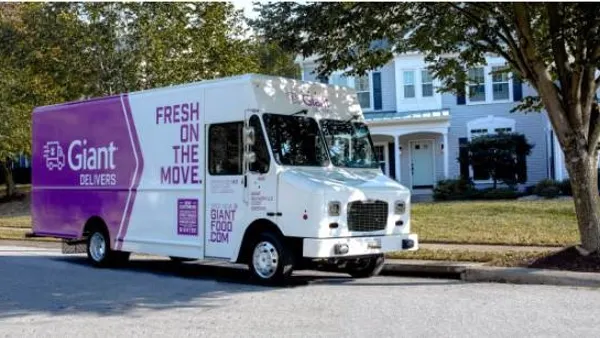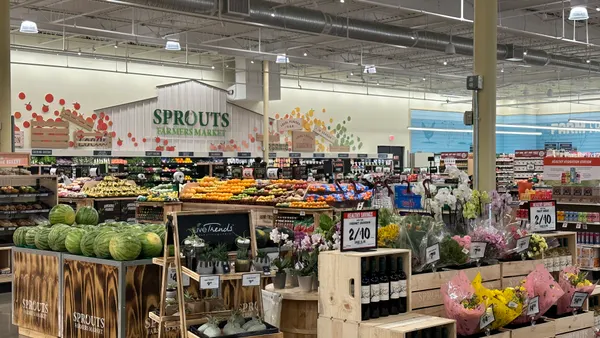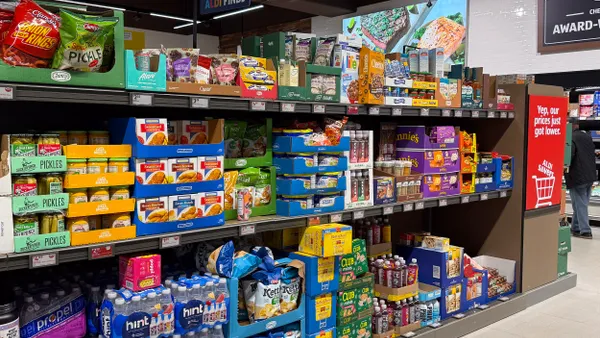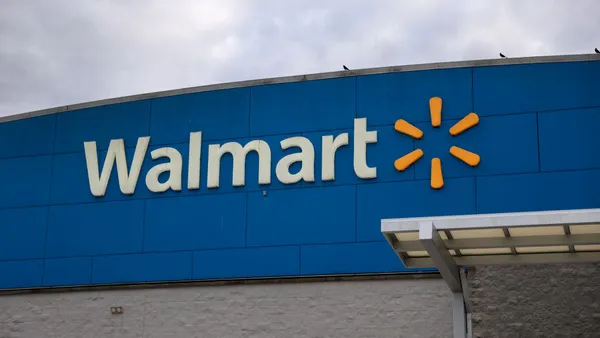Dive Brief:
- Minnesota-based Lunds & Byerlys has announced plans to close all of its 14 pharmacies in the Twin Cities this Tuesday, according to the Minneapolis Star-Tribune.
- A spokesperson told the newspaper that 27 pharmacy managers and staff pharmacists will lose their jobs, while technicians have been offered other positions at the company.
- Lunds & Byerlys will work with patients to send their records and prescriptions to another location. Any remaining prescriptions not picked up will be sent to local Walgreens stores.
Dive Insight:
Originally considered an asset and a way to stand out from competition, pharmacies are now becoming more of a liability for some grocers. While pharmacies can help drive customer loyalty and bring additional revenue, they also add costs and present staffing challenges.
Many retailers struggling with their pharmacy business face low reimbursement rates and higher fees. Lund Food Holdings Inc. released a statement saying it has become increasingly difficult for retail pharmacies to operate given the economic challenges in the industry.
The family-owned grocer isn't the only one under pressure. In April, UNFI-owned Shoppers Food and Pharmacy began closing 30 of its pharmacies in Maryland and Virginia, selling its prescriptions and inventory to CVS and Walgreens. UNFI did not give a specific reason for the closures.
In September, Southern California-based Stater Bros' markets closed its 22 pharmacies and transferred records to CVS. The company said it would convert the pharmacy areas into food-related sections for the stores.
Some supermarkets have found more success with pharmacies than others and are still acquiring new ones. This year, Hy-Vee acquired 10 Weber & Judd pharmacies in southeastern Minnesota and six Shopko pharmacies, plus the records for a dozen more. At the end of 2018, Kroger bought pharmacy records from 42 shuttered Shopko pharmacies. Both Hy-Vee and Kroger have recently increased their emphasis on health and wellness services for their customers.
For grocers who decide to exit the pharmacy business, there are opportunities to reinvent the empty space to better serve shoppers. Whether that means creating a new space for specialty food items or establishing a state-of-the-art grocery pickup area, the reduced costs and extra real estate can be used to companies' advantage.










